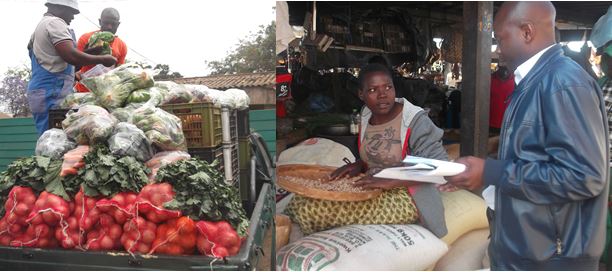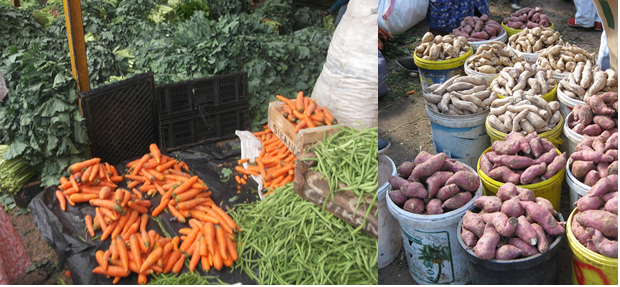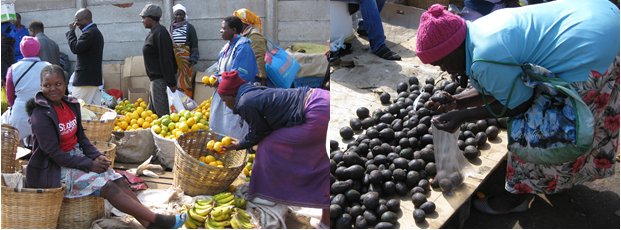The power of an end to end view of agricultural value chains
Very few actors in African agriculture can see the entire value chain and its nodes. As a result, production activities continue to be based on guesswork. In most cases, some traders who have been in the marketing game for a long time have more knowledge about the value chain than farmers. Many traders often pre-finance Read more about The power of an end to end view of agricultural value chains[…]










